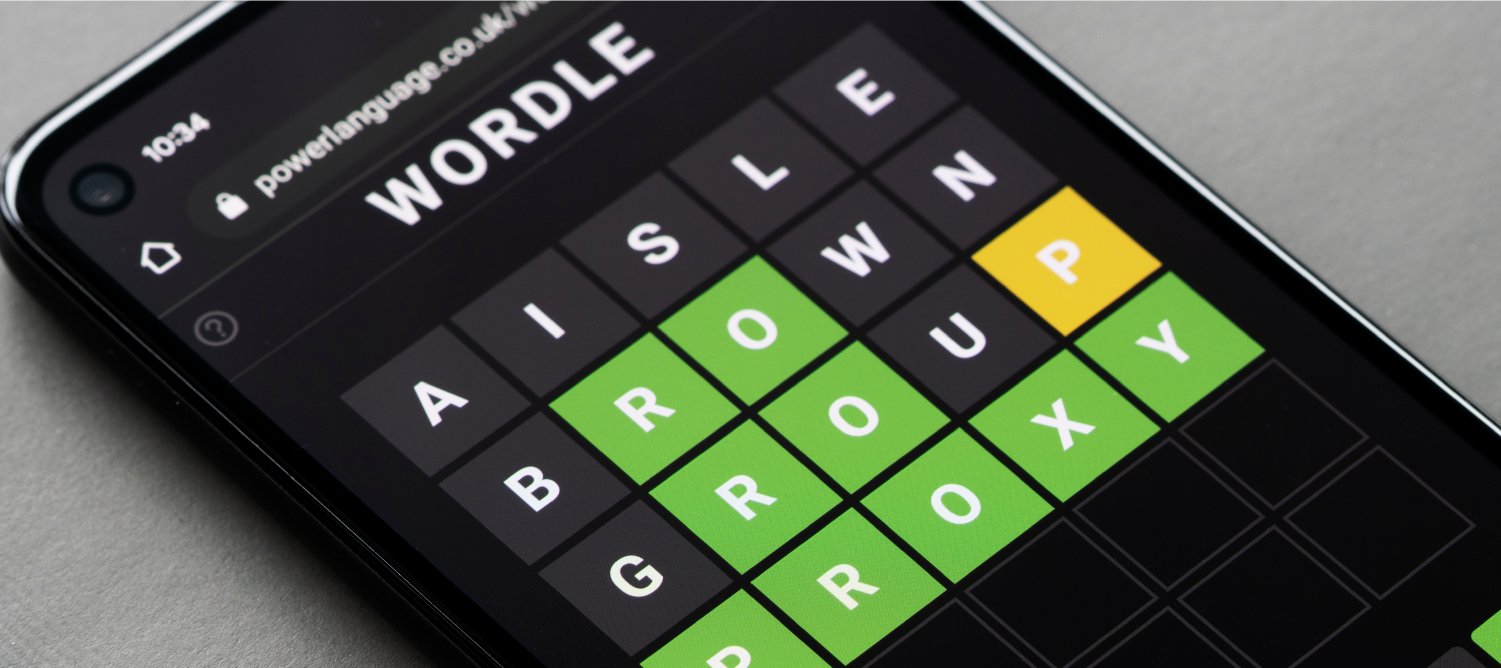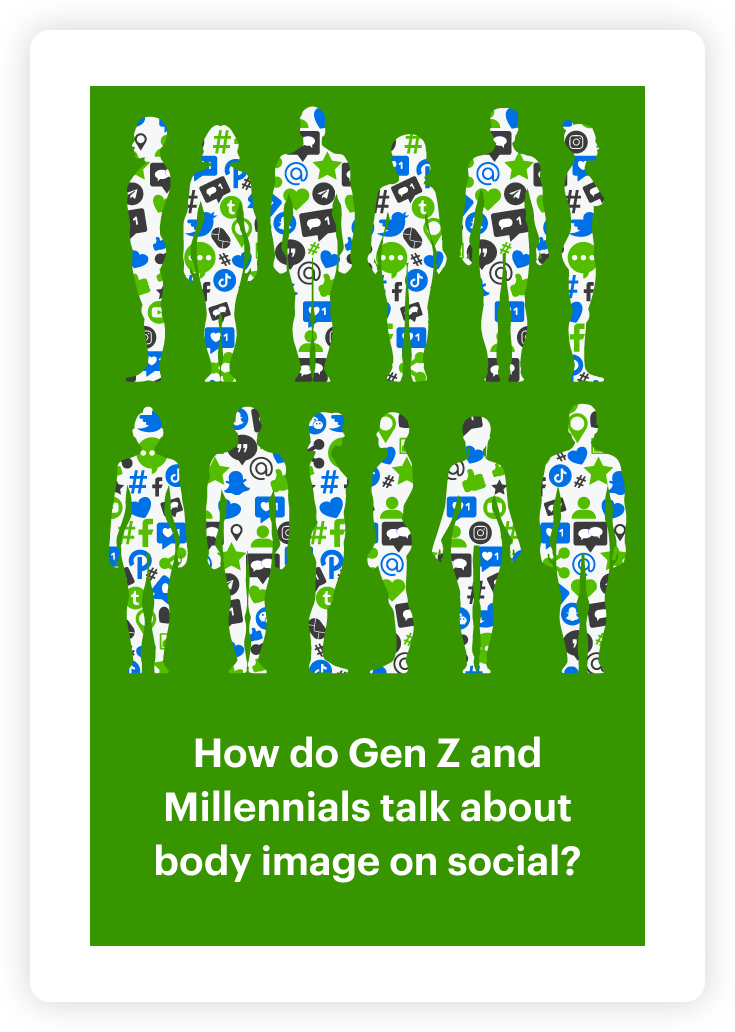What is Wordle? Exploring demographic insights on Twitter

If you start seeing random green, yellow and grey squares pop up in your Twitter feed, don’t be alarmed. Wordle is taking the internet by storm. Created by New York based software engineer, Josh Wardle, the premise of this digital word game / meme generator is simple enough: a daily five-letter word, six chances to guess it right.
Within just a few months of its release, Wordle now has over three million players all over the globe. But aside from players tweeting their results, how are people across the globe speaking about this latest trend?
At Relative Insight, we are insatiably curious about words. So, naturally the Wordle craze has proved a huge hit amongst our team. However, we wanted to learn how different audiences are discussing the Wordle trend and find out why exactly it’s so popular. To do this, we pulled tweets mentioning Wordle from the UK, Canada and the US. We then compared these tweets side-by-side to reveal unique information about each audience.
Brands use Relative Insight to find meaningful demographic insights on Twitter and other social platforms. Through comparative text analytics, the platform exposes differences in language revealing the topics, words, phrases, grammar and emotion unique to a textual data set – or in this case, a particular audience. Here’s what we found…
British audiences
Wordle is trending on Twitter like there’s no tomorrow. But this latest fad is leaving Brits frustrated. When discussing Wordle, Brits are 11.5x more likely to mention feeling annoyed, gutted and fuming compared to their North American counterparts. British players vocalize their anger about guessing the word incorrectly, highlighting the addictive nature of the game and desire to win. However, the huge volume of social posts around Wordle is irritating those who aren’t interested in the game. Clearly, Wordle is rubbing British audiences up the wrong way.

It seems that Brits also have a bee in their collective bonnets about the spellings of daily words. Players note that Wordle is formatted in American English, which has confused British audiences and left them outraged. British players feel hard done by, echoing the age-old debate that British English is the “correct version” of the written language. This is an important demographic insight that could be used to adapt the current instructions of the game, giving British players clarification.

Canadians
Everyone has their morning routine. For Canadians, it currently looks like: shower, breakfast, coffee… Wordle! We found that Canadian players are 2.3x more likely to talk about Wordle alongside mornings and coffee. Canadians set aside an allotted time to play Wordle, showing that the game has consolidated its place in this audience group’s everyday life. The reference to coffee also suggests that players want to be switched on when playing the game.

Wordle has gained popularity on a global scale, and has become a firm favourite amongst many. Players from Canada talk about loving the game, describing how much fun it is to play. What’s interesting here is that while Brits and Americans might enjoy the game just as much, they a less likely to express this openly on Twitter. This demographic insight is characteristic of Canadians, who are often praised for their positive, open outlook.

Americans
If you’re a true Wordle disciple, you’ll know that sharing and comparing your scores is a key part of the endorphin rush. We found that Americans are more likely to recruit their friends and family to join in, suggesting that playing the game with other people is integral for enjoyment in this demographic. However, what’s comical is that American players are very cut-throat about their friends and family’s scores, highlighting the competitive nature of this audience group.

Novel games come and go, but few remain popular for a prolonged period. Our analysis revealed that American players are 7.1x more likely to compare Wordle to other iconic word games, such as New York Time’s Spelling Bee and Daily Mini Crossword. Twitter users emphazise the superiority of these games in comparison to Wordle, declaring them timeless and chic. However, the audience is divided, with some Americans implying that Wordle could be on the path to iconic word game status.

Demographic insights on Twitter and other social channels are invaluable to market research. They allow us to learn more about specific audiences and dig deeper into consumer thoughts, opinions and behaviors. By segmenting and comparing social data by geography, we are able to understand how conversations on Wordle differ across the globe. This type of audience research can be game changing when trying to appeal to new segments or enter a new market.
